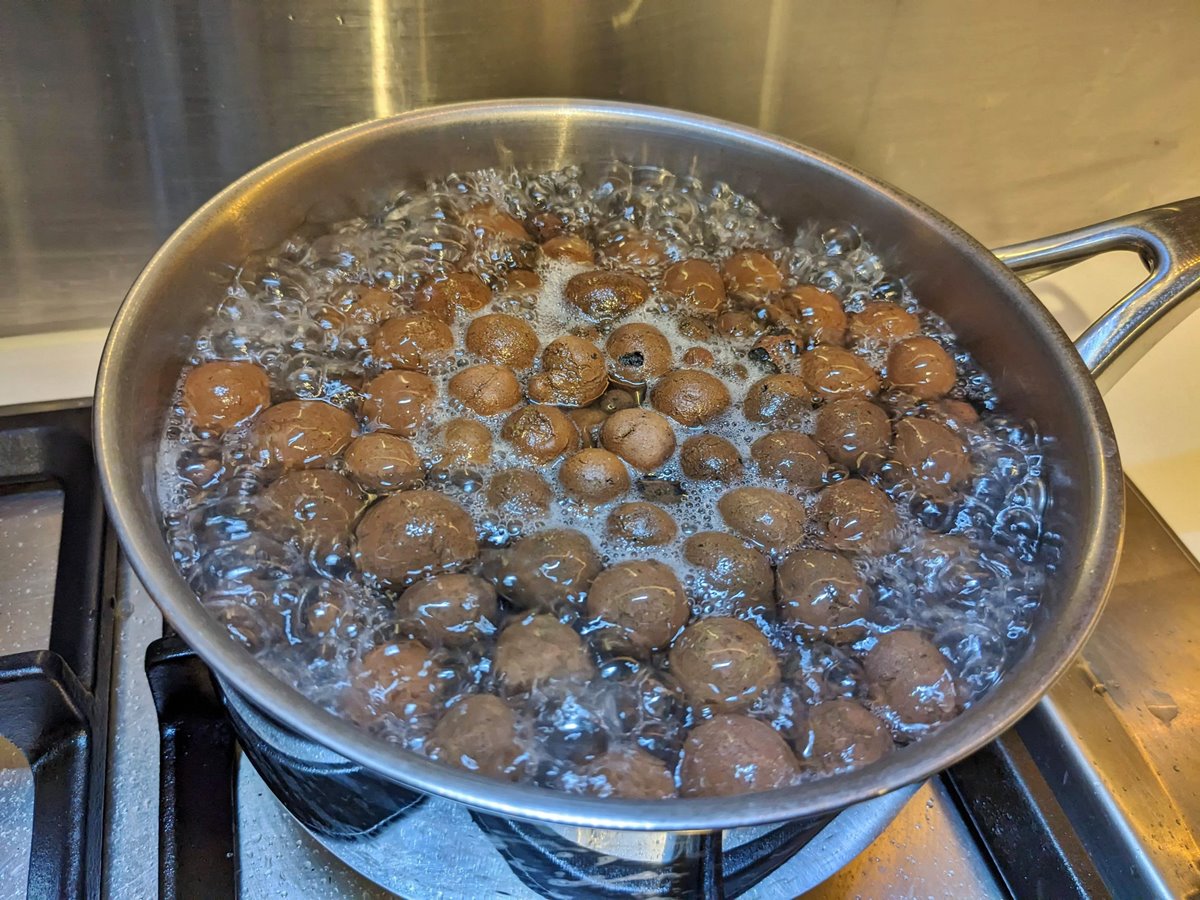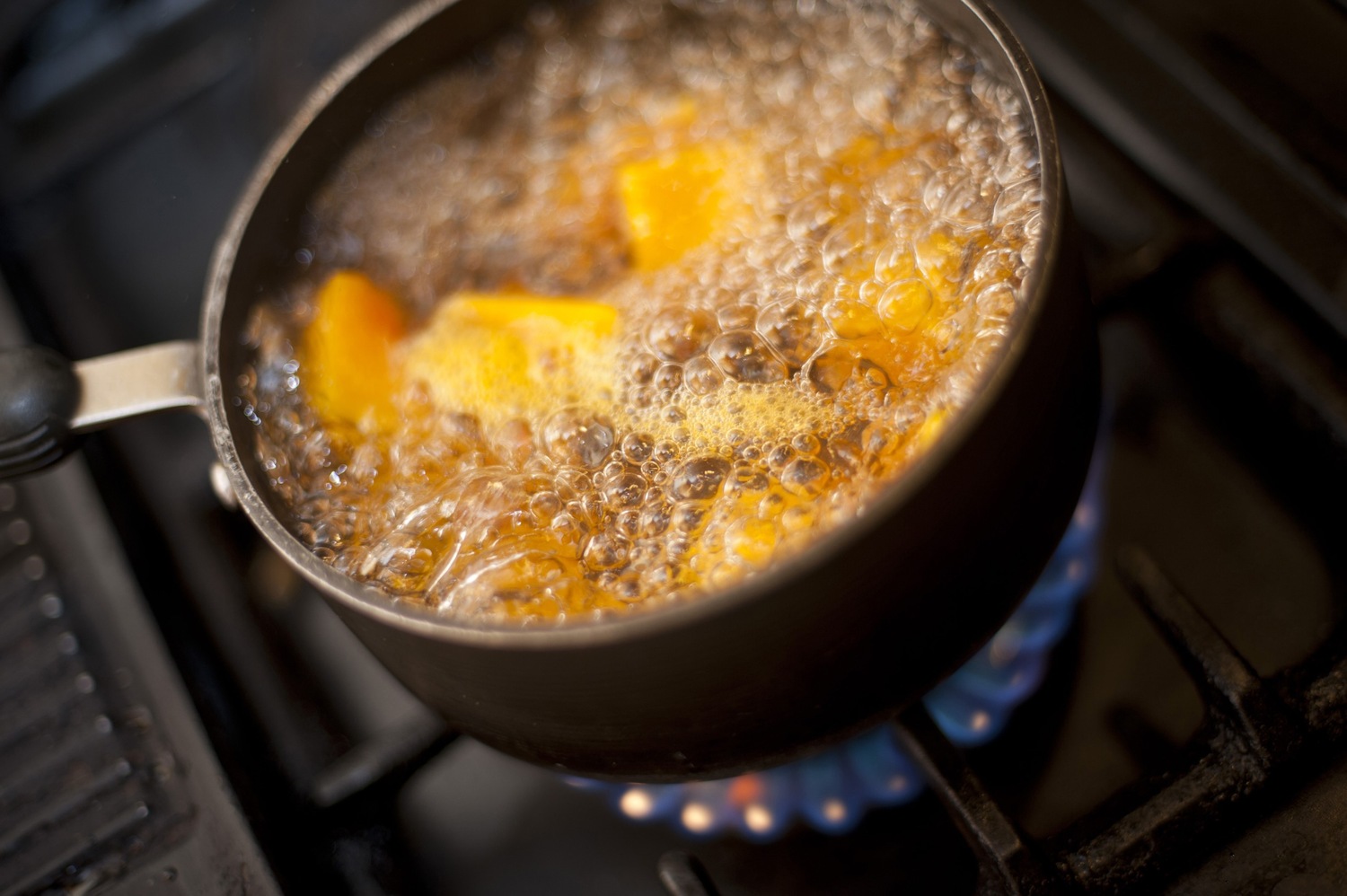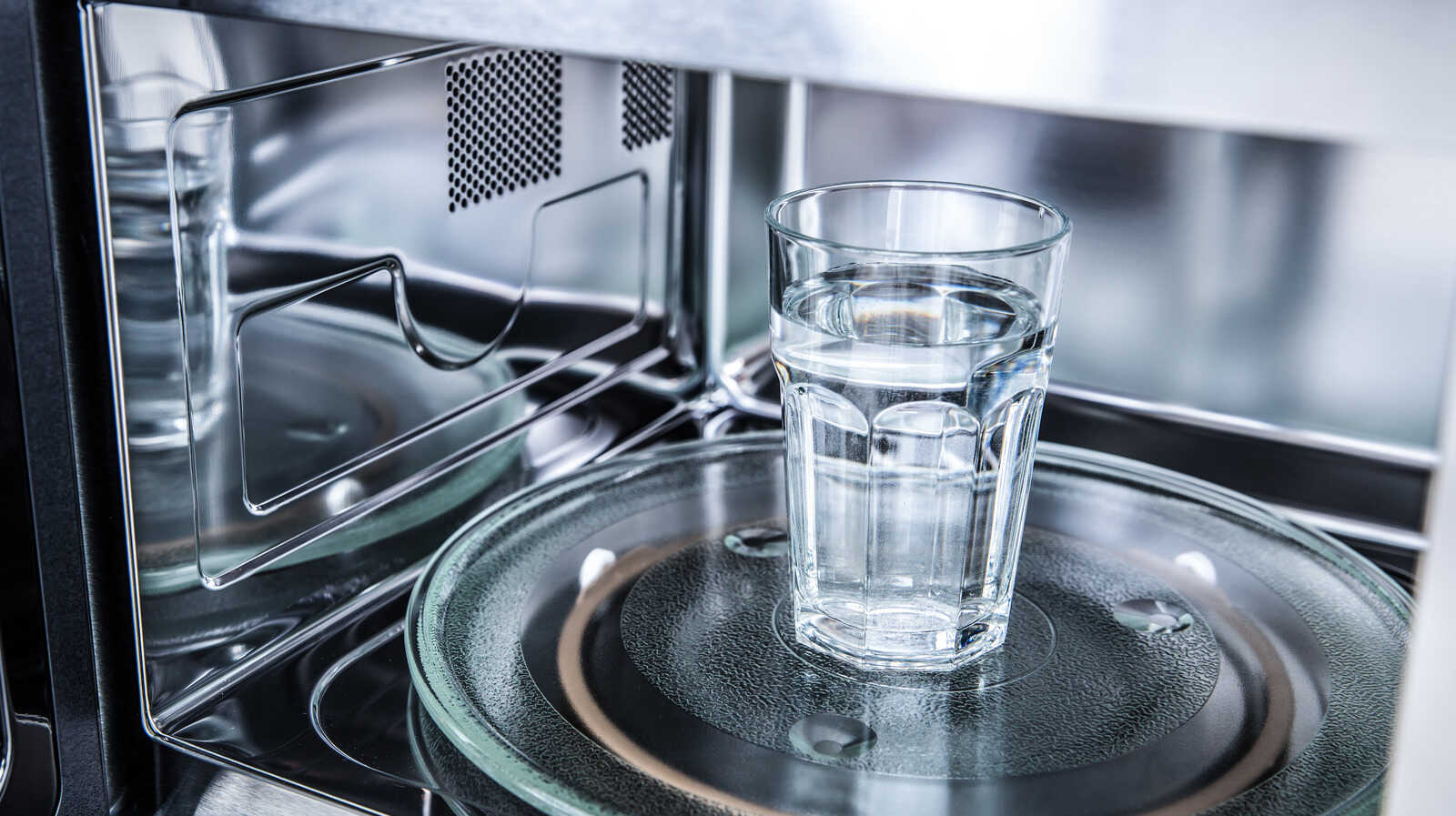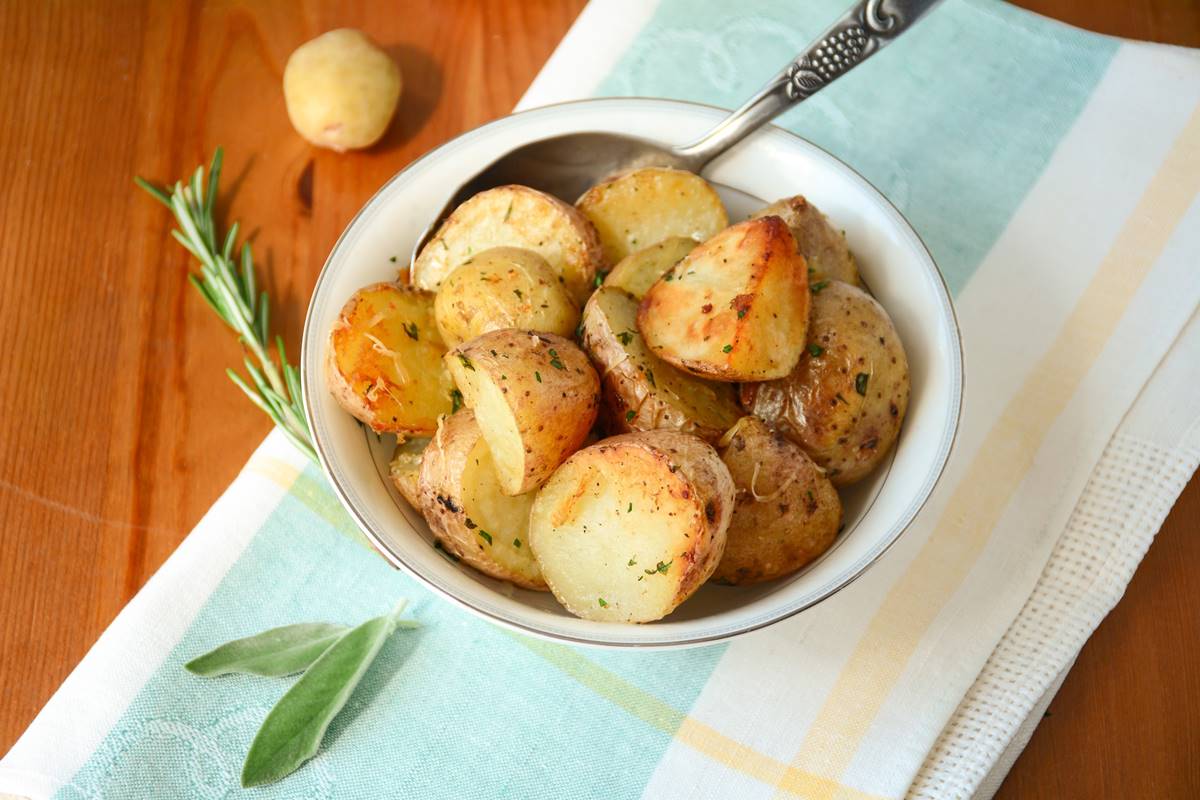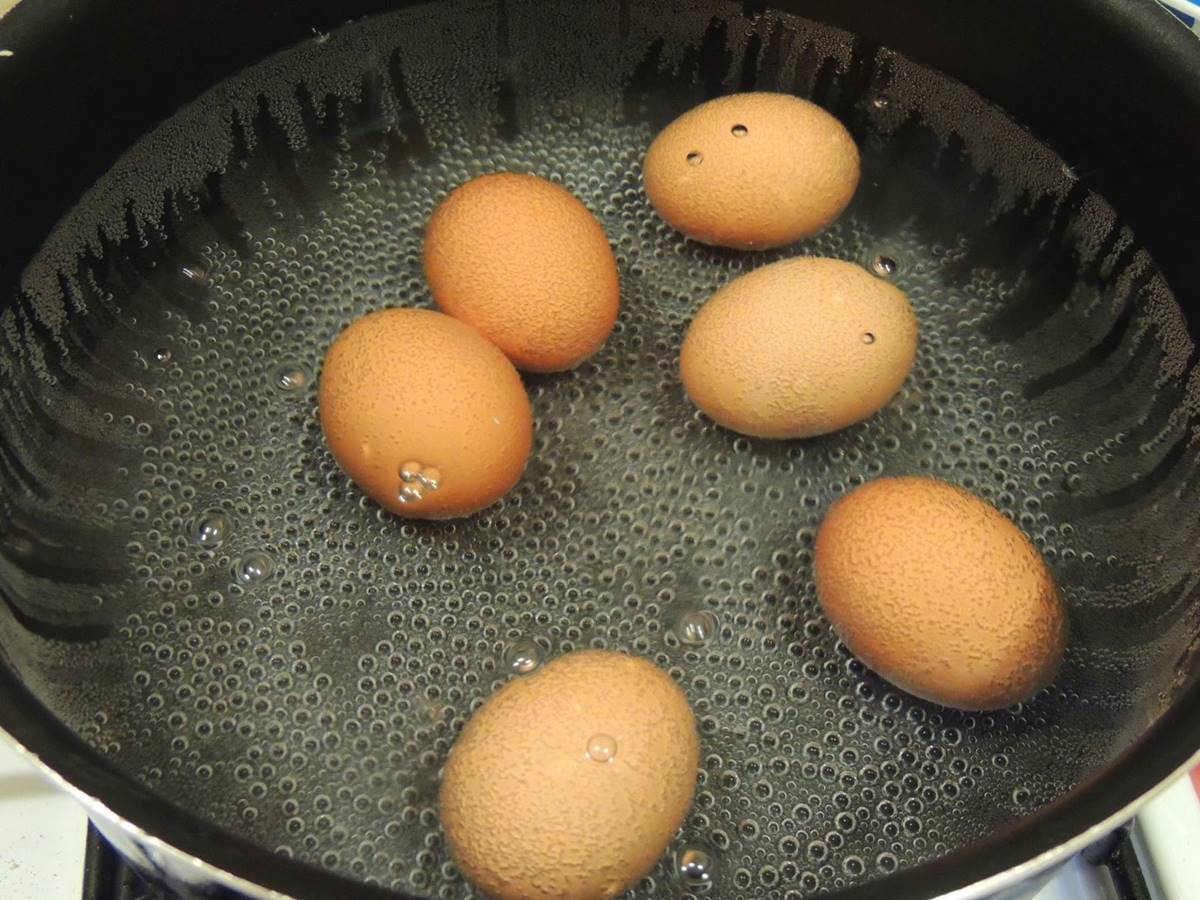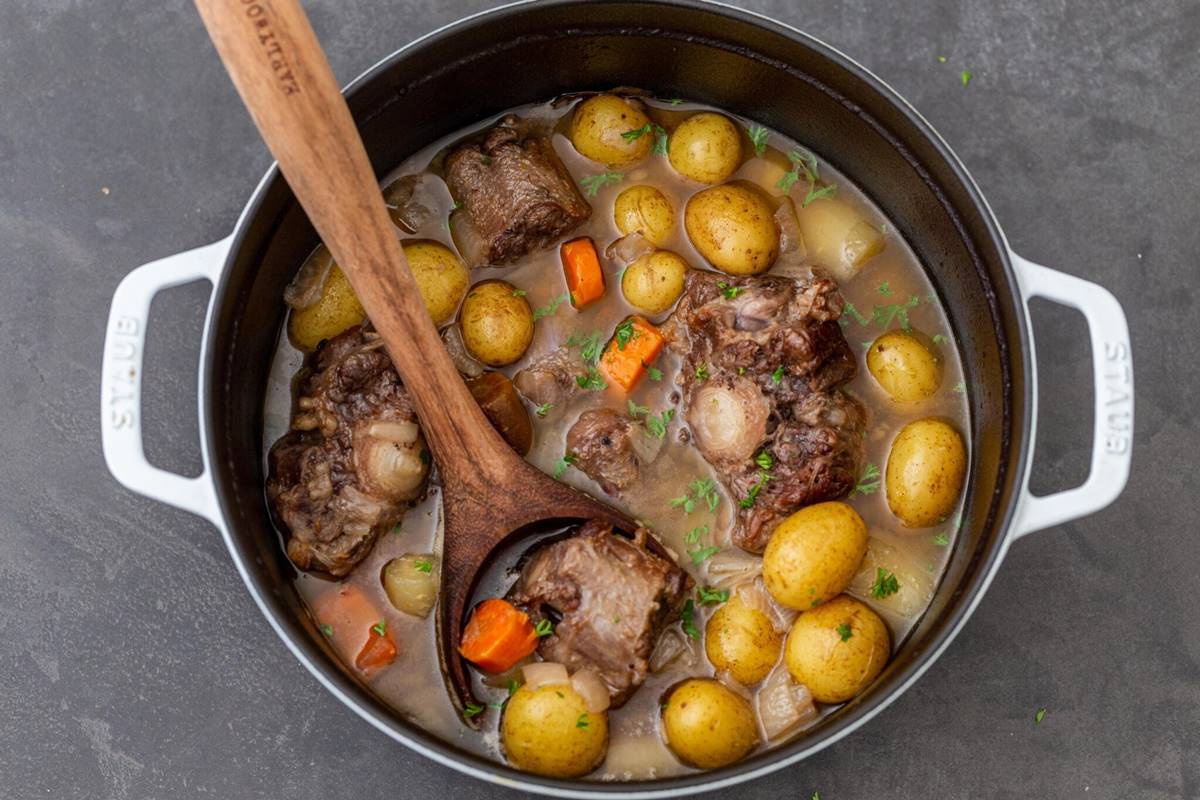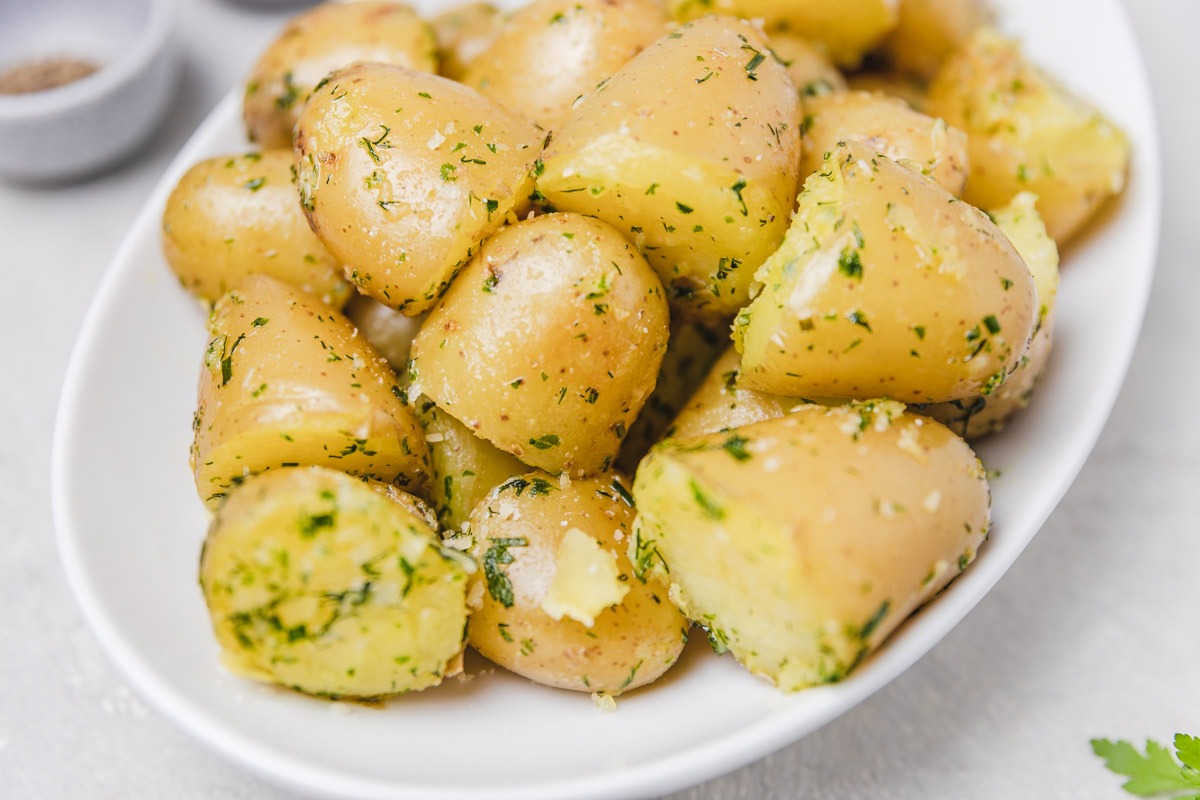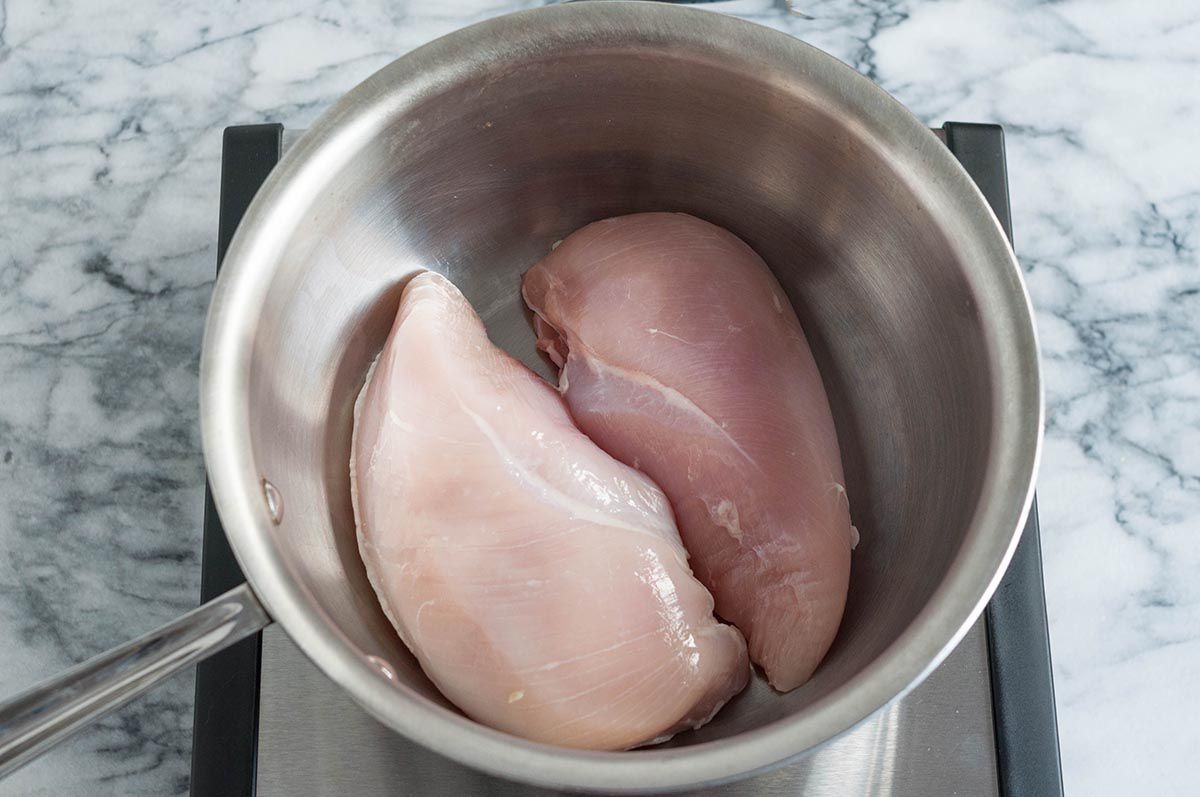How To Boil Eggs So The Shell Doesn’t Stick
Boiling eggs may seem like a simple task, but we’ve all experienced the frustration of trying to peel a boiled egg and ending up with a shell that sticks to the egg white. Fear not, because in this guide, we will share with you the secret to boiling eggs perfectly so that the shell comes off effortlessly.
1. Start with Fresh Eggs
The freshness of the eggs plays a crucial role in determining whether the shell sticks or not. Fresh eggs have a lower pH level, which makes them less sticky when boiled. So, always opt for eggs that are close to their expiration date or buy from a reputable source.
2. Gently Place the Eggs in Cold Water
When boiling eggs, it is essential to place them in a pot of cold water before heating. This helps to prevent the eggs from cracking due to sudden temperature changes. Place the eggs in a single layer at the bottom of the pot.
3. Bring the Water to a Rolling Boil
Once the eggs are in the pot, turn the heat to high and bring the water to a rolling boil. This means that there are vigorous bubbles throughout the pot. Boiling the eggs at high heat helps to make the shell easier to peel.
4. Reduce the Heat and Simmer
Once the water reaches a rolling boil, reduce the heat to low or medium-low to maintain a gentle simmer. Simmering the eggs helps to cook them evenly and prevent the shell from sticking too much to the egg white.
5. Add a Pinch of Salt or Baking Soda
Adding a pinch of salt or baking soda to the water can help to make the eggs easier to peel. These ingredients help to raise the pH level of the water, reducing the acidity that causes the shell to stick. Remember, a pinch is all you need; adding too much salt can affect the taste of the eggs.
6. Use a Timer
All eggs are different, and the perfect cooking time may vary. It’s essential to use a timer to ensure that you achieve the desired level of doneness. For soft-boiled eggs, cook them for about 4-5 minutes, while hard-boiled eggs should cook for 8-10 minutes.
7. Cool Immediately After Cooking
After the eggs have finished cooking, it’s crucial to cool them down quickly. This helps to stop the cooking process and make the shells easier to remove. Drain the hot water and replace it with cold water or ice to cool the eggs rapidly.
8. Gently Tap and Roll
When you’re ready to peel the eggs, gently tap them on a hard surface to crack the shell all around. Then, roll the egg between your hands, exerting gentle pressure. This loosens the shell from the egg white, making it much easier to peel off.
9. Peel Under Running Water
If you find that the shell is still sticking, try peeling the eggs under running water. The water helps to separate the shell from the egg white and wash away any small shell fragments that may be sticking.
By following these simple steps, you’ll be able to boil eggs perfectly every time, with shells that don’t stick. Say goodbye to frustrating peeling sessions and hello to beautifully boiled eggs. Enjoy them in salads, sandwiches, or just on their own!
Do you have any tips or tricks for boiling eggs with non-sticky shells? Share them with us in the comments below!
If you're looking to put your perfectly boiled eggs to good use, there are several recipes that make the most of this skill. Try the Classic Egg Salad Recipe for a simple yet delicious sandwich filler. For a flavorful appetizer, the Deviled Eggs Recipe is a must-try. If you're in the mood for something hearty, the Cobb Salad Recipe combines boiled eggs with other tasty ingredients for a complete meal. For a twist on a traditional salad, the Nicoise Salad Recipe offers a delightful mix of flavors. Finally, the Avocado Toast with Boiled Egg Recipe provides a nutritious and satisfying breakfast or snack option. Each of these dishes showcases the versatility of boiled eggs and ensures that the shells won't stick, thanks to your newfound boiling skills.
Was this page helpful?
Read Next: How To Boil A Frozen Lobster
